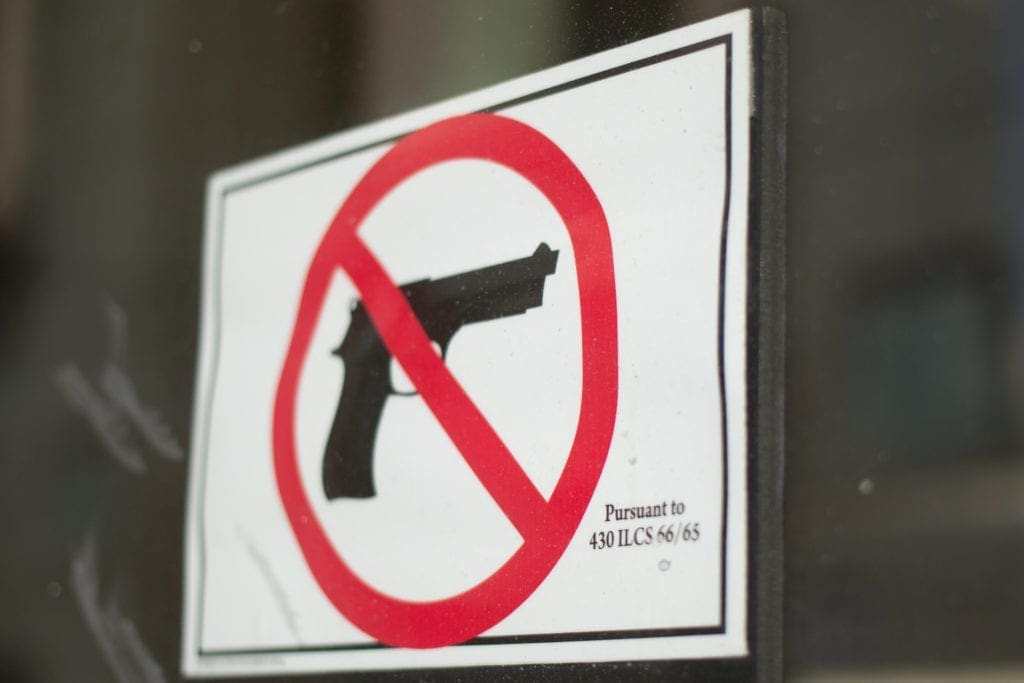The shooting in Virginia Beach, Virginia on May 31, 2019, which saw a madman kill 12 people, has re-ignited the gun control debate in America. The usual calls for expanded restrictions came out of the mouths 2020 presidential hopefuls such as Joe Biden and Bernie Sanders.

Even celebrities such as Alyssa Milano got on Twitter to voice their displeasure with Congress’s inaction on passing gun control. She even criticized Senate Majority Leader Mitch McConnell for not bringing up universal background check bill, HR.8, “up for a vote.”
H.R. 8, which was passed by the House in February, was the largest gun control package to make it out of either chamber of Congress since the Brady Act was passed in the 1990s. If signed into law, millions of private gun sales and transfers could be subject to criminal penalties under this law.
There are several inconvenient facts that gun control supporters are ignoring the Virginia Beach shooting in their cries for more gun control. First of all, the perpetrator, DeWayne Craddock acquired his .45 handgun legally. Like millions of other law-abiding American gun owners, Craddock had to go through the NICS background check. Most importantly, however, this shooting took place in another gun-free zone.
The investigation from the Crime Research Prevention Center found that “Virginia Beach bans employees from being able to carry a gun” in public facilities, thus making them a soft target for mass murders. This trend is particularly notable when looking at schools throughout the country, which has been subject to the Gun-Free School Zones Act of 1990. The school shooting phenomenon is no coincidence when considering that 98 percent of shootings have taken place in so-called “gun-free” zones.
Virginia Beach was a tragedy, but these types of events do not justify impulsive calls for more restrictions on the rights that millions of people in America exercise peacefully.
Instead, policymakers should consider policies that allow armed individuals or at least private security entities to protect facilities that might be vulnerable to such attacks. Policies that enhance freedom, not control, should be our first impulses when confronting societal problems.




















